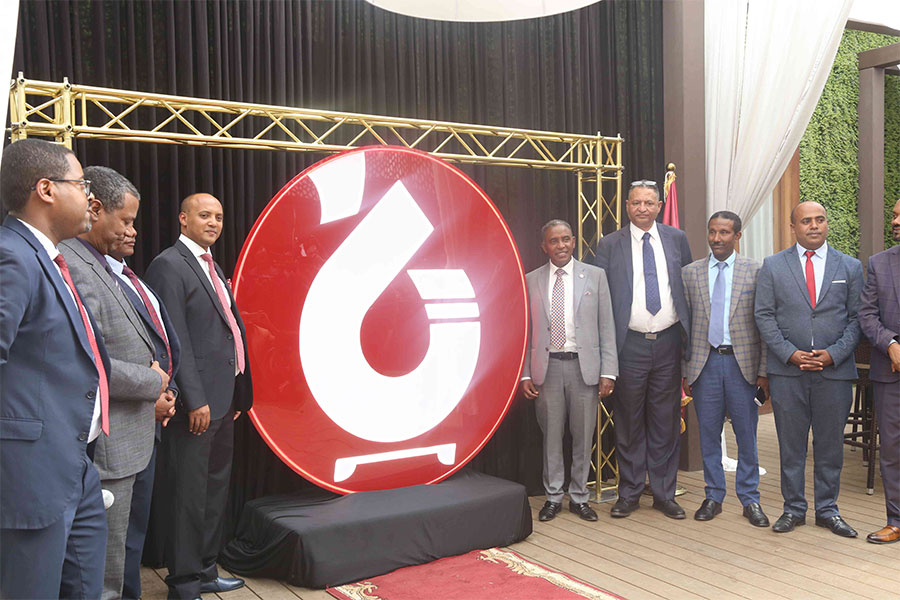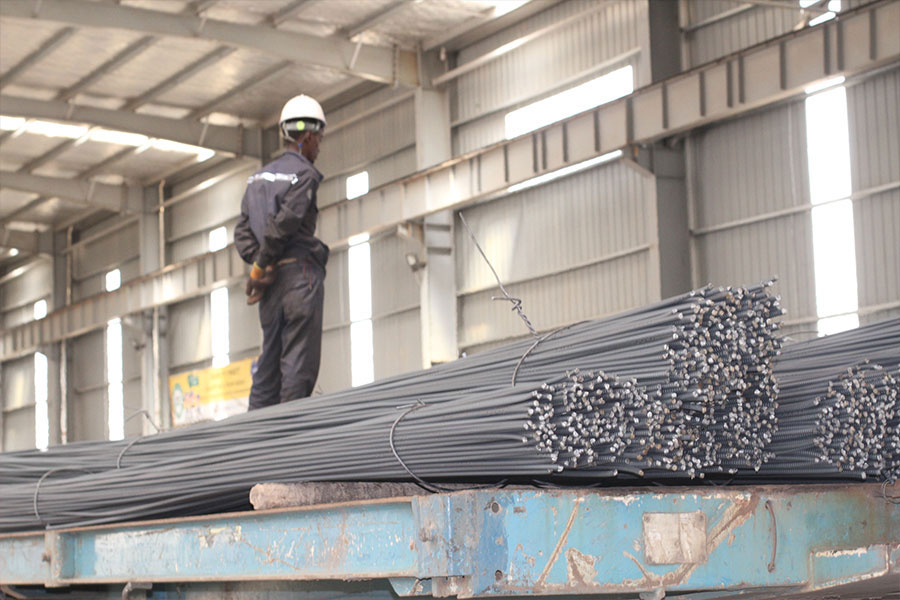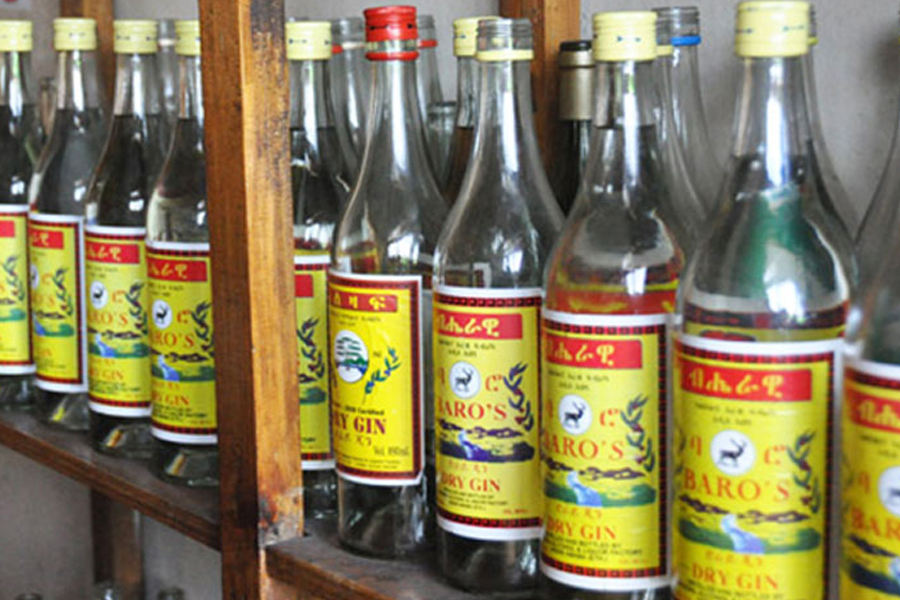
Fortune News | Apr 27,2025
Transformer producers have lodged complaints before federal authorities that they are on the verge of closing plants. Twenty local transformer producers declined to make deals with the Ethiopian Electric Utility (EEU) before their issues over forex shortage, and high import tariffs were resolved.
Mengistu Asres, head of the quality department at the EEU, confirmed that the producers demanded renegotiated prices.
"We've informed them to enter into deals with us before December," Mengistu told Fortune.
Transformer producers sign agreements with the EEU yearly to supply products to the capital and regional states. Last year, the EEU signed 2.1 billion contracts with them, a third round after the board of EEU approved a procurement directive prioritising domestic manufacturers.
The Metals & Engineering Corporation (MetEC), a state-owned industrial enterprise, used to assemble transformer parts and supply the EEU. For a decade, local assemblers supplied transformer parts to the MetEC. Manufacturers began producing finished transformers to deliver directly to the EEU.
EEU's quality department inspects assemblers annually before allowing them to participate in bids.
Eight months ago, assemblers offered prices higher than the tariff EEU set.
For over a decade, government policy had favoured foreign investments and joint ventures providing second-schedule, excise duties, and tax-free imports of raw materials, hoping it would help energise the industry. The second-schedule tax-free privileges were not incorporated in the recently revised tariff book by the Ministry of Finance, according to Tsehaye Yenesu, head of the electronics manufacturing industries unit at the Ministry of Industry.
Approved by the Ministry of Finance authorities, a tariff book comprises a list of materials exempted from duties.
Tsehay and his teams conducted a study and discovered 251 items not included in tariff books.
Last year producers delivered 10,000 transformers to the capital and regional states, meeting 150pc of EEU's demand, disclosed Mengistu. However, the assemblers declined to supply products for the current year, blaming the unavailability of raw materials, the taxation system, and low tariffs. As the import bills of transformer parts soared to 45pc in recent years, the industry appealed to the authorities for tax exemption and adjustments on imported inputs.
"We can't sign the contract where inputs are lacking, and high tariffs are imposed," said Dawit Belay, Advantage Industrials Plc general manager.
Dawit, head of the Transformer Manufacturers' Association, an industry lobby group, blamed the soaring prices for inputs in the international market due to Russia's war in Ukraine and the taxation system. Manufacturers import most of the inputs from Ukraine.
Incorporated a decade ago, Advantage Industrials Plc supplies transformers to Amhara and Oromia regional states. Last year, it supplied 1,000 transformers.
"We're almost closing factories," he told Fortune.
It is a voice in desperate plea but echoed by others in the industry.
Incorporated three years ago with a registered capital of 62 million Br, Qifa Mechanical & Electrical Equipment Manufacturing Plc produces compact transformer products, mainly used by industries and residential complexes. The company imports 95pc inputs such as breakers, sheet metals, conductors and core coils with an annual production capacity of 300.
"We stopped operation," said Kinfe Molla.
Ethio Telecom, a state-owned giant company, is among the companies with high demand for transformer products. It buys these products from domestic assemblers certified by the EEU. However, the company looks elsewhere for supplies come short locally.
"The problem is the low production capacity unable to meet our demands," said Tariku Demissie, chief technology officer of Ethio Telecom. "There are times we could not operate due to shortages."
Ethio telecom buys from domestic assemblers up to 500 transformers a year.
"Manufacturers are not delivering enough," said Tariku.
Many factories halted operations due to power shortages.
PUBLISHED ON
Oct 08,2022 [ VOL
23 , NO
1171]

Fortune News | Apr 27,2025

Fortune News | Jul 09,2022

Fortune News | May 23,2021

Commentaries | Aug 28,2021

Fortune News | Oct 21,2023

Commentaries | Dec 11,2020

Fortune News | Jun 08,2025

Fortune News | May 18,2024

Fortune News | Oct 14,2023

News Analysis | Jul 28,2024

Dec 22 , 2024 . By TIZITA SHEWAFERAW
Charged with transforming colossal state-owned enterprises into modern and competitiv...

Aug 18 , 2024 . By AKSAH ITALO
Although predictable Yonas Zerihun's job in the ride-hailing service is not immune to...

Jul 28 , 2024 . By TIZITA SHEWAFERAW
Unhabitual, perhaps too many, Samuel Gebreyohannes, 38, used to occasionally enjoy a couple of beers at breakfast. However, he recently swit...

Jul 13 , 2024 . By AKSAH ITALO
Investors who rely on tractors, trucks, and field vehicles for commuting, transporting commodities, and f...

Nov 1 , 2025
The National Bank of Ethiopia (NBE) issued a statement two weeks ago that appeared to...

Oct 25 , 2025
The regulatory machinery is on overdrive. In only two years, no fewer than 35 new pro...

Oct 18 , 2025
The political establishment, notably the ruling party and its top brass, has become p...

Oct 11 , 2025
Ladislas Farago, a roving Associated Press (AP) correspondent, arrived in Ethiopia in...